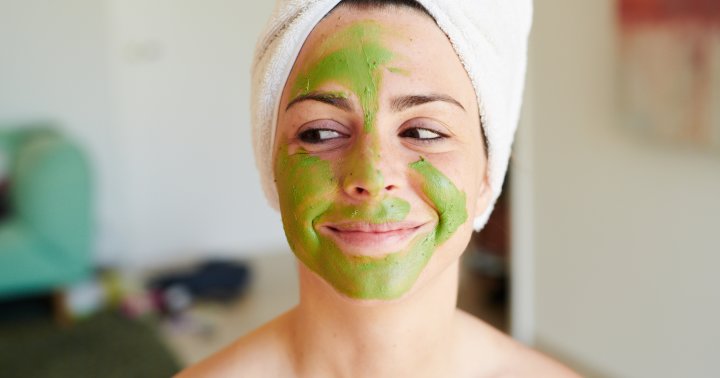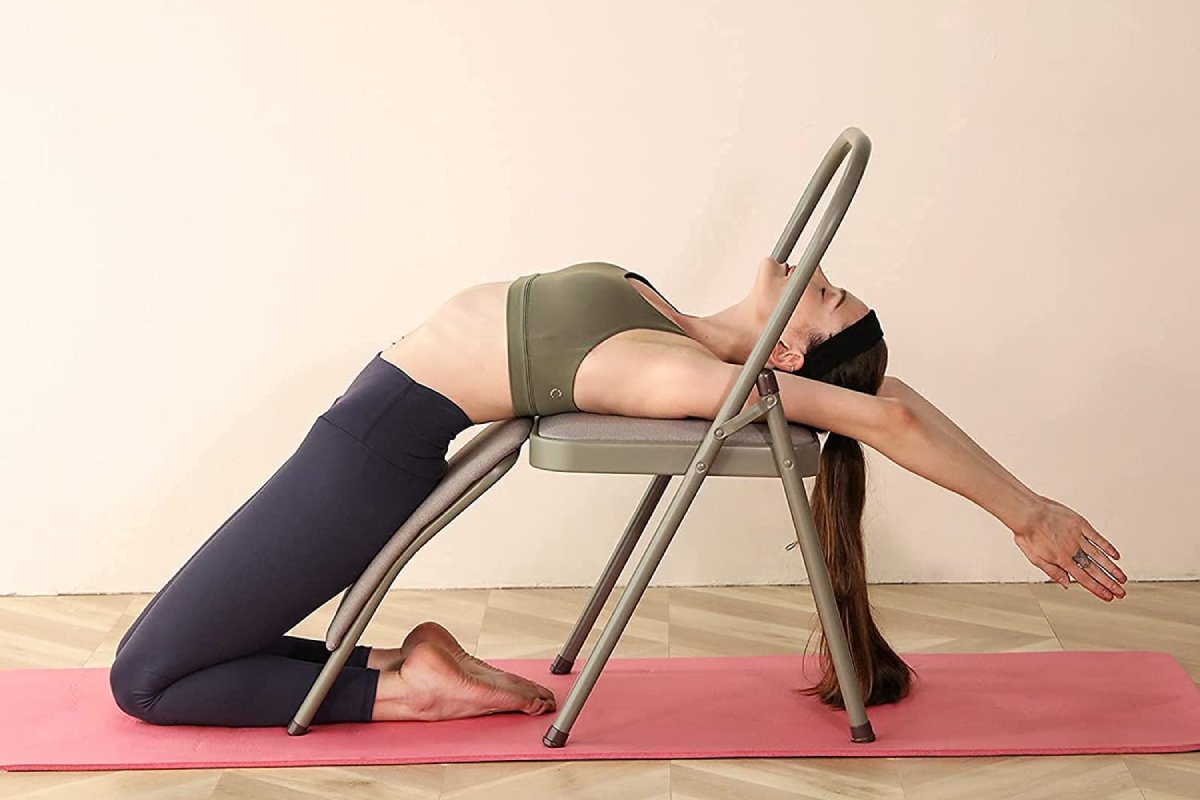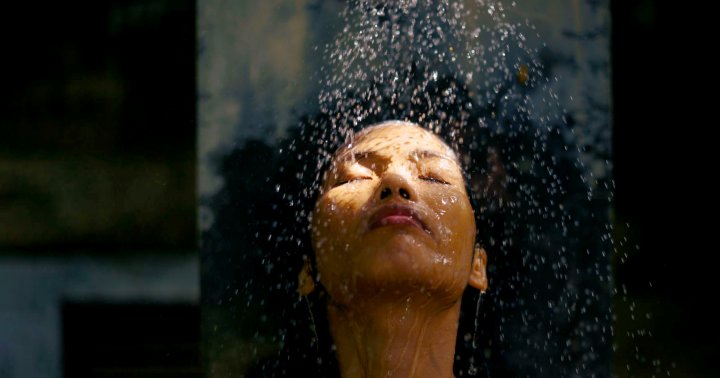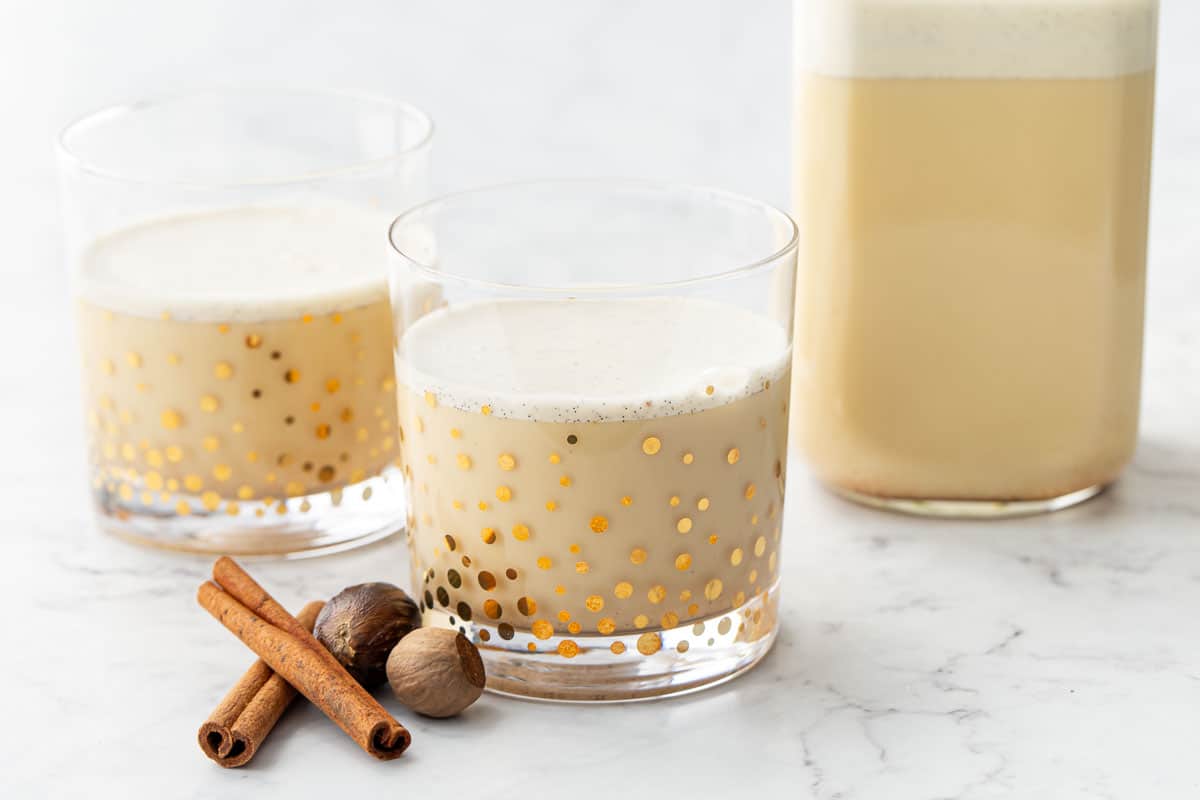The Easiest Way To Tell If Your Tea Is Expired, From An Herbalist
Here's how to avoid wasting time and money on an old brew.
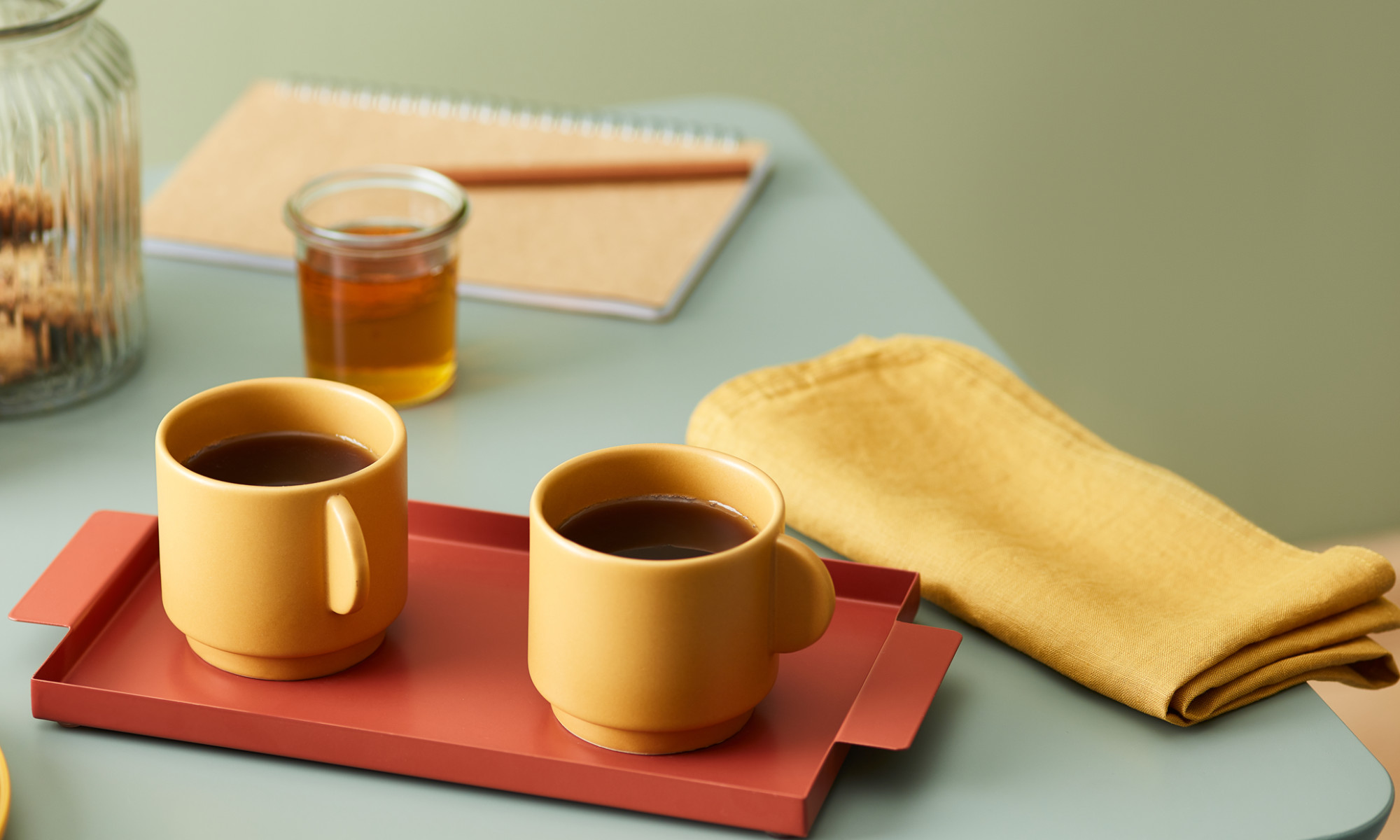

Herbalist
Herbalist
Kami McBride is a well-known author and educator whose bestselling book, "The Herbal Kitchen," has helped thousands of people learn how to use common kitchen herbs and spices in delightfully simple, new, and delicious ways. She developed and taught the herbal curriculum for the Complementary Medicine Department at the University of California School of Nursing, and she founded the Living Awareness Institute in 1994 where she offers online herbalism courses to students of all skill levels.
Image by MARTÍ SANS / Stocksy July 6, 2023 Have you ever dug through your pantry only to discover a tea blend you'd bought a year ago (or more) and forgotten all about? Or maybe you've brewed a cup of tea, gotten distracted, then wandered upon the cup hours later, wondering if you could still drink it? Whether your tea is untouched in the box or left in a mug a bit longer than intended, this article is for anyone who’s ever asked, “How long is tea good for?”
Advertisement
This ad is displayed using third party content and we do not control its accessibility features.
When does tea expire?
If it's dried:
Whether herbal, black, or green, all tea is made from dried plants that will gradually lose potency over time. If you’re careful with storage and keep your tea sealed tightly and out of the light, it can last up to two years. However, if your herbs are exposed to air, humidity, light, or heat, they’ll begin to break down more quickly.
A simple way to check for freshness is by using your nose, which is actually a pretty highly refined chemical detector: Familiarize yourself with the scent of the fresh tea before it’s brewed. Then, if you’re ever unsure how old your herbs are, give the leaves a sniff.
If you do ever make a tea from old herbs, don't worry: The result will simply be a boring brew. It'll be a waste of time, water, and heat, sure, but not a big risk to your health.
Advertisement
This ad is displayed using third party content and we do not control its accessibility features.
If it's brewed:
How long does tea last after it’s already brewed? The answer lies in the tea leaves themselves, and is further influenced by brewing and storage methods.
Teas made from aromatic herbs—think peppermint, chamomile, or lavender—will last longer than those made from herbs without a strong scent. That’s because constituents that give plants their aroma also have preservative, antimicrobial properties. These extend the life of the brewed tea. Herbs that lack those antimicrobial volatile oils—think nettles or red clover—will spoil relatively quickly.
Brewing methods also matter when it comes to a tea's shelf life. If you brew your tea in a jar and cover it while it’s still hot, the tea can sit overnight and be fine to drink when you open it in the morning. But if your tea has been sitting in an open mug overnight, it’s much more likely to have gone bad by the next day.
This means a mug of nettle tea can go bad overnight, while a mint tea set in the fridge can be fine a few days later. Make sure to smell your tea when it’s fresh, so that if it starts to go bad, you will know by the smell.
Summary
Drink aromatic teas (ie. peppermint, chamomile, lavender) within a day if unrefrigerated, or store in the refrigerator for up to four days. Drink non-aromatic teas (ie. nettle, red clover) within 12 hours or store them in the fridge for up to two days. If you’re getting toward the edge of those limits, trust your nose and taste buds! If they tell you something is off, don’t drink the tea.
Advertisement
This ad is displayed using third party content and we do not control its accessibility features.
Does it make a difference if you use loose-leaf or bagged tea?
Yes! When it comes to storage, loose-leaf and bagged teas each have benefits and drawbacks. Here are the top pros and cons to consider when choosing which one is right for you:
Bagged teas:
Advertisement
This ad is displayed using third party content and we do not control its accessibility features.
Loose-leaf teas and bulk herbs:
The takeaway
Learning to buy and brew the right amount of tea so it’s there whenever you want it but not sitting so long it gets old might take a little time. Use this information as a loose guide, trust your senses to carry you the rest of the way, and give yourself grace if a little tea goes to waste. Mistakes are part of the learning experience, and with time you’ll perfect a system of keeping just the right amount of herbal teas on hand.
Advertisement
This ad is displayed using third party content and we do not control its accessibility features.

 Koichiko
Koichiko 










